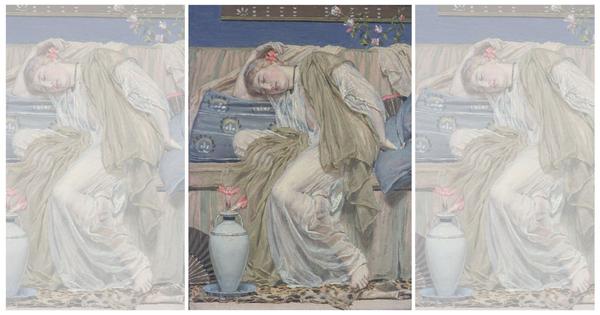Understanding the link between sleep quality and skin appearance can enhance overall health and attractiveness.
Waking up after a night of insufficient sleep often leads to a familiar feeling: looking tired. While the term “beauty sleep” might seem whimsical, research increasingly supports the idea that sleep significantly influences skin appearance and overall attractiveness. Sleep is not merely a period of rest; rather, it consists of distinct stages, each serving vital restorative functions for the body. Among these, deep, slow-wave sleep is particularly crucial as it prioritizes tissue repair, muscle recovery, and collagen production.
During this deep sleep stage, the body releases growth hormone, primarily in the early part of the night. This hormone plays a key role in the repair and rebuilding of tissues, supporting muscle recovery and enhancing collagen production, which is essential for maintaining skin’s firmness and elasticity. In addition to growth hormone, slow-wave sleep creates a hormonal environment that is beneficial for skin health. Notably, cortisol, the body’s primary stress hormone, reaches its lowest levels during this stage. Lower cortisol levels help protect collagen, reduce inflammation, and fortify the skin barrier.
Moreover, increased levels of growth hormone and prolactin, which regulates the immune system and cell growth, boost immune function and aid in tissue repair. The skin, being the body’s largest organ, actively works to maintain moisture and resist irritation during sleep. Adequate sleep supports hydration and barrier function, while sleep deprivation can lead to increased water loss, resulting in drier skin that is more susceptible to damage and visible aging.
Sleep also plays a significant role in the management of acne, a common skin condition affecting individuals of various ages. Insufficient sleep can elevate inflammation and stress hormones like cortisol, potentially exacerbating breakouts. Conversely, consistent, restorative sleep aids the skin in regulating oil production and recovering from irritation. The relationship between sleep and skin elasticity is also notable; research indicates that even short-term sleep restriction, defined as three hours of sleep per night over two consecutive nights, can diminish skin elasticity and make wrinkles more prominent.
Chronic sleep deficiency, characterized by consistently getting less than seven hours of sleep per night for a minimum of three months, results in daytime fatigue and impaired functioning. This condition disrupts collagen production, weakens the skin barrier, and heightens low-grade inflammation, undermining the skin’s healing processes. Studies have shown that the hormonal imbalances caused by sleep loss can elevate cortisol levels and increase oxidative stress, which accelerates biological aging and diminishes resilience against daily stressors.
Beyond its physiological effects, sleep deprivation also alters how others perceive our appearance. Research demonstrates that individuals who experience even a few nights of reduced sleep are often rated as less attractive, less healthy, and more fatigued by observers. Common signs of sleep deprivation include paler skin, dark circles under the eyes, and drooping eyelids. These subtle cues can significantly affect social interactions, as people are generally less inclined to engage with those who appear sleep-deprived.
Furthermore, sleep influences not only how we are viewed by others but also how we perceive ourselves. Individuals with poor sleep quality frequently report lower satisfaction with their own appearance. Prioritizing sleep emerges as a straightforward yet powerful strategy for enhancing both appearance and overall health. Therefore, when faced with the choice of sacrificing sleep for additional work or entertainment, it is essential to remember the benefits that sufficient rest provides for skin health, general well-being, and social interactions.








